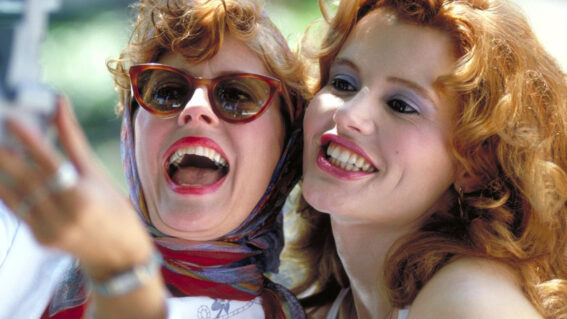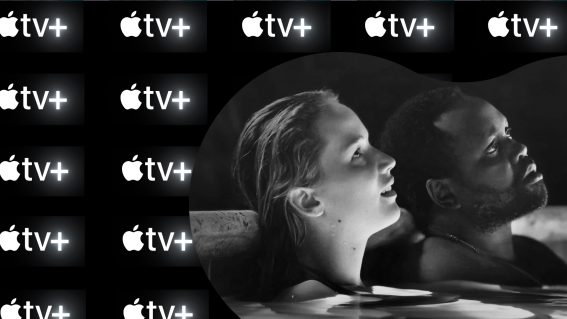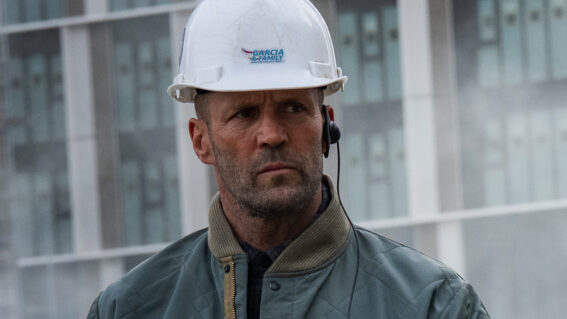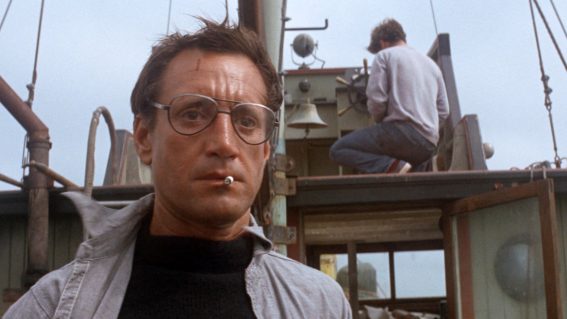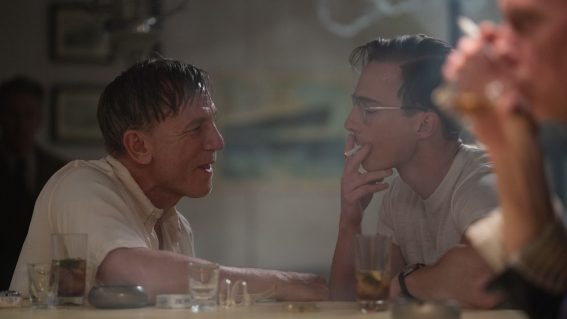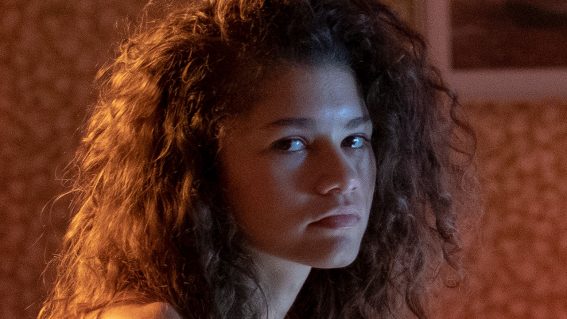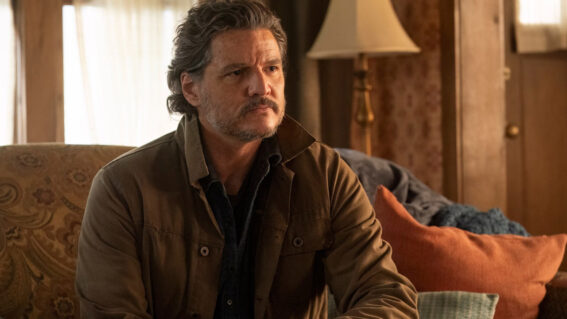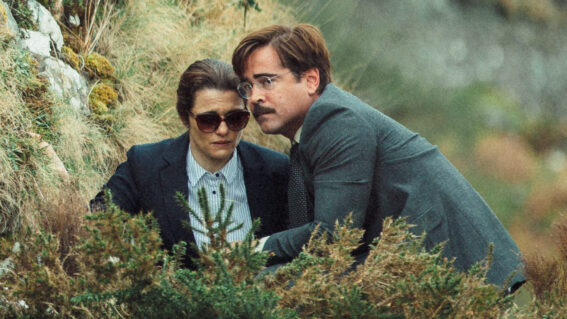Umbrella Academy hits the pedal one last time before the gas runs out
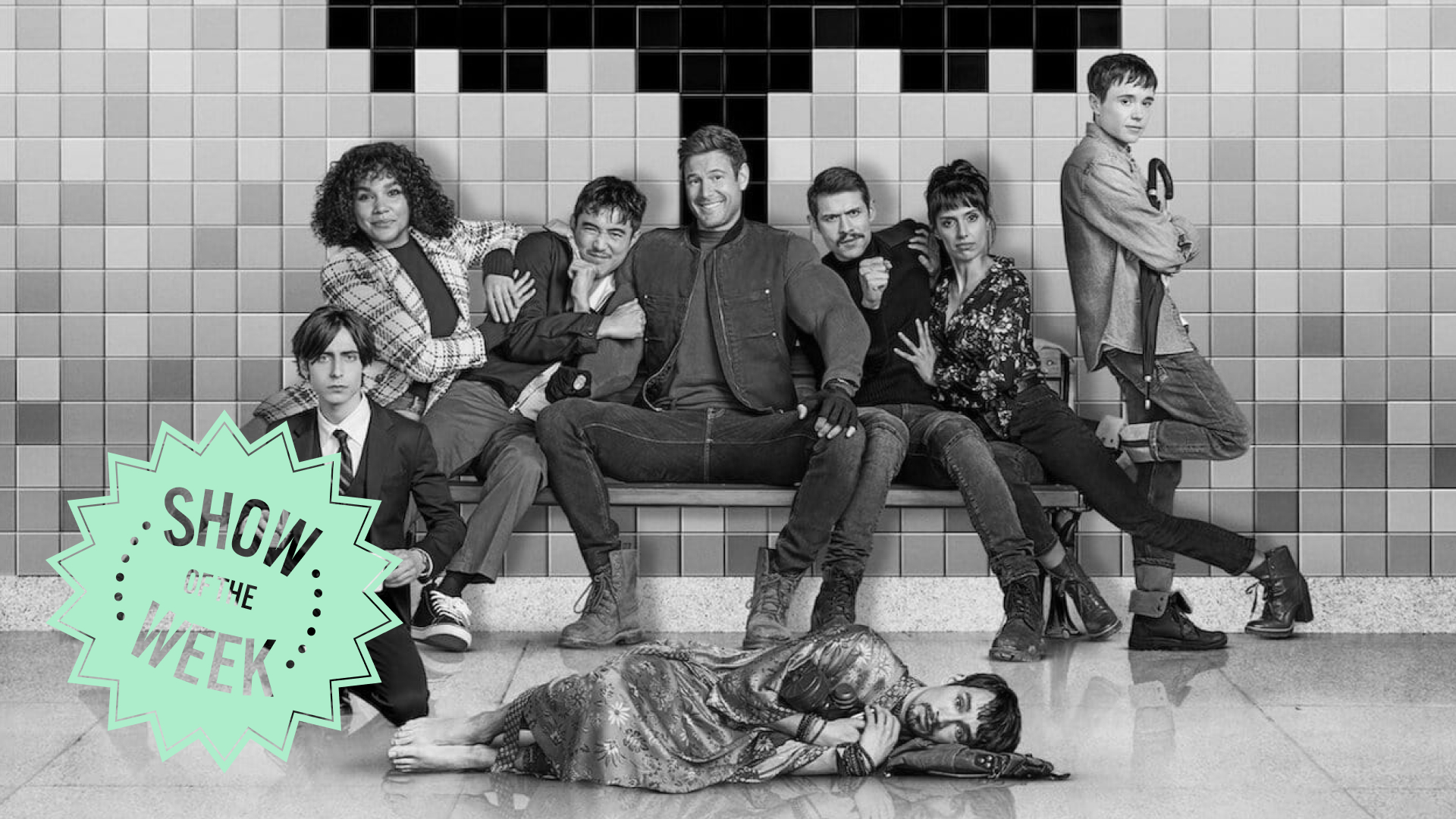
Clarisse Loughrey’s Show of the Week column, published every Friday, spotlights a new show to watch or skip. This week: Umbrella Academy‘s final season is a rough ride that at least crosses the finish line with some goodwill still intact.
Umbrella Academy’s narrative problems feel oddly and pleasantly old-fashioned. We’re so accustomed now to the cycle of television series being commissioned and almost immediately cancelled, that it’s rare now for a show to actually survive long enough to turn messy and sour. Season four, billed as the final chapter in Netflix’s take on Gerard Way and Gabriel Bà’s comic series, is bad in the way we used to complain about Lost or Smallville, where the frustration always stemmed from a feeling of wasted potential and audience investment.
Because, wow, does Umbrella Academy have a great set of characters and a great cast. It’s the story of an odd-duck adoptive family of superheroes, seven children all born at the same time, on the same day, in the same year, by women who weren’t pregnant mere moments before, taken in by eccentric billionaire Sir Reginald Hargreeves (Colm Feore) and turned into a team of superheroes.
There’s an unexpected mix of powers: Luther (Tom Hopper) has a gorilla body, Diego (David Castañeda) has telekinesis, Allison (Emmy Raver-Lampman) has mind control, Klaus (Robert Sheehan) can speak to the dead, Five (Aidan Gallagher) can travel through time and space, Ben (Justin H. Min) has tentacles, and Viktor (Elliot Page) can convert sound waves into physical force. And they bicker like hellfire. Over the course of four seasons, we’ve seen them break apart and come together, fall in and out of love, lie and betray each other, and heal the wounds their father cut into them.
Television, more than film, lives and dies by these kinds of lived-in dynamics. A good television series, whatever its tone or subject, should always feel like coming home. It’s the beaten-up couch that’s still as soft as a cloud, and the best stretches of season four are almost exclusively conversations shared between all the Hargreeves kids. By this point, the actors wear these characters like a second skin. Page, particularly, has some real moments to shine when Viktor confronts his father (or, at least, this version of his father) over the way he’s been treated. We know these people, we’ve spent hours with them, and we’ve learned how their minds work.
And that, for the most part, has carried Umbrella Academy through an increasingly muddled narrative of multi-stacked apocalypses, intercrossing timelines, and the Kennedy assassination. Yet, season four is that last hit on the pedal before the gas completely runs out, a rough ride that at least crosses the finish line with some of that goodwill still intact. At this point, The Umbrella Academy have all lost their powers, so we meet them six years later, attempting to settle down into normalcy: Viktor is a bartender, Luther is a stripper, Diego is a delivery driver raising a family with Lila (Ritu Arya), Klaus has been sober for three years, and Ben, or at least this Ben, is fresh from a jail sentence for a crypto scam.

Their relative quiet is interrupted by Dr Gean and Dr Jean Thibedeau (real-life partners Nick Offerman and Megan Mullally, in an ingenious bit of stunt casting), head of The Keepers, a conspiracy circle convinced they’re all stuck in the wrong timeline, and have been robbed of lives and opportunities that they all deserve. It’s a good premise, but it starts to unravel when Ben meets Jennifer (Victoria Sawal), whose name might ring a bell for fans, and whose arrival could have a cataclysmic effect on the world’s continued existence. Yes, it’s another apocalypse!
Her introduction answers some of the series’ questions, while a hundred more are left unsatisfied in what’s already a truncated season (six instead of the usual ten episodes). Some characters have simply disappeared, while an unexpected romantic element is introduced that has already proven to be vastly unpopular with the fans. And, yet, having two characters suddenly hook up with absolutely no pretext, to everyone’s collective outrage, is exactly the kind of chaotic decision-making that we used to revel in, wasn’t it? It’s bad, and it’s sort of good, because it at least proves Umbrella Academy made us care about these people before it ruined their lives. And that really doesn’t happen enough anymore.



